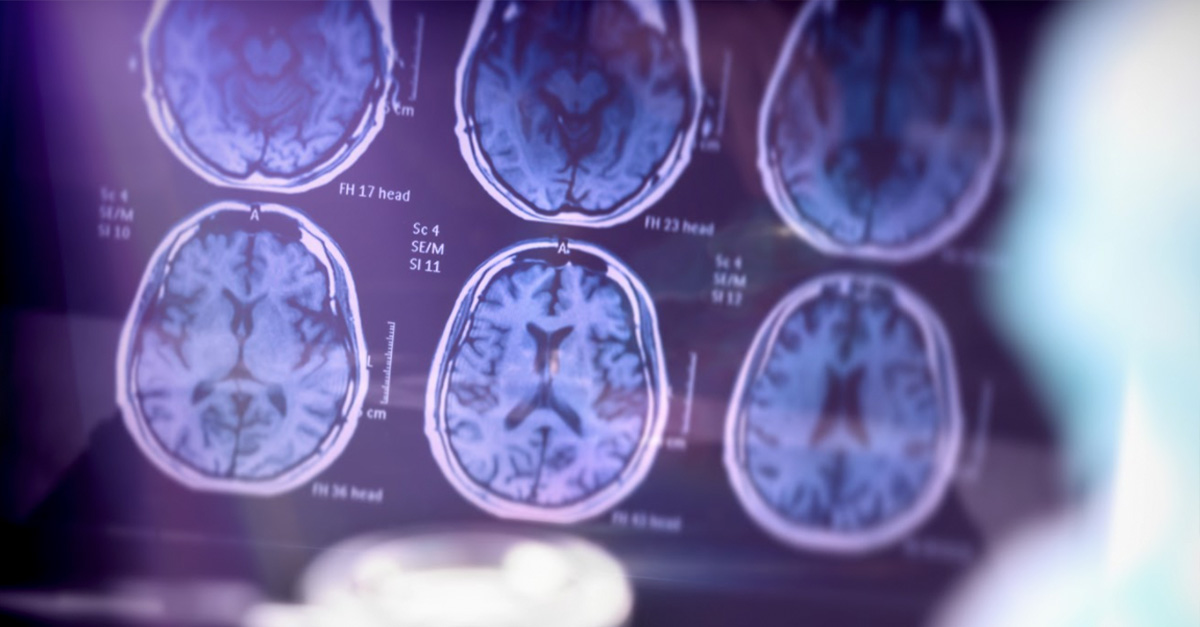You may be familiar with the term MRI — a test often used to capture precise images of internal organs and systems. More specifically, MRI stands for magnetic resonance imaging. This form of medical imaging uses radio waves created by computers to capture detailed images of bones, organs, and tissue. While MRIs can be used for various parts of the body, they are particularly helpful for capturing the components of the nervous system, including the brain and spinal cord.
Typically, MRIs of the brain are used to assess damage caused by stroke and brain injuries, or to look for signs of disease, such as multiple sclerosis (MS). Within recent years, however, practitioners have begun exploring other potential applications for MRIs, including diagnosing conditions such as post-traumatic stress disorder (PTSD).
What Is PTSD?
PTSD (Post Traumatic Stress Disorder) is a psychiatric disorder triggered by physical or psychological events that may be emotionally and/or physically shocking or dangerous. Experiencing an injury, or witnessing death, are two examples of trauma that can lead to PTSD. PTSD is believed to affect 7-8% of the population at some point in their lives. Those who have experienced combat, accidents, physical assault, and disaster are most likely to develop PTSD.
While some victims recover from trauma naturally, for those with PTSD, feelings of stress or fright may linger long after the danger has subsided. Symptoms of PTSD can include flashbacks, nightmares, amnesia, and frightening thoughts, as well as behaviors of avoidance to stay away from reminders or triggers. People with PTSD may also have trouble sleeping, feel tense, startle easily, and have unexpected outbursts of anger.
How Is PTSD Diagnosed?
Doctors may look for a combination of factors when diagnosing PTSD, including the patient’s history, symptoms, and behaviors. Beyond assessing these factors, however, it’s possible an MRI could be used to help confirm or predict PTSD. For example, scientists have identified alterations in brain areas such as the hippocampus, prefrontal cortex, and amygdala in people with PTSD and other psychiatric disorders. Those who have experienced traumatic brain injury (TBI) may also be particularly good candidates for having an MRI for PTSD.
The symptoms and cognitive changes that arise from PTSD are not fully understood. With the ability to better examine and even predict the effects of PTSD through MRIs, doctors may be able to improve patient outcomes.
What MRIs Can Tell Us About PTSD
Recently, researchers have been using MRIs in TBI patients to look for biomarkers of PTSD, including volume changes in key structures of the brain. According to a 2020 study in Science Daily, it appears that people with higher volume in specific brain regions — such as the superior frontal cortex and insula — may demonstrate resilience against PTSD.
With an understanding of who may be at risk for PTSD based on this imaging, doctors can help patients and their families watch for warning signs. This may lead to quicker, more targeted interventions that help control the condition’s impact and symptoms.
MRIs can help healthcare experts examine PTSD’s effects on the brain. For instance, as United Press International explains, an MRI might reveal how structural and functional changes in the areas of the brain that respond to fear and anxiety, regulate emotions, or are responsible for cognitive processing and memory could impact people with PTSD. These insights can help neuroscientists, therapists, and other experts better understand the complexities of the condition, and provide the best possible care.
If you’ve been recommended for an MRI — whether to aid with diagnosing PTSD symptoms or other physical difficulties — turn to Heartland Imaging, where you’ll be able to choose the time, location, and options that best suit your needs. Schedule an appointment online, or call (502) 429-6500.
Heartland Imaging is a full-service imaging center in Louisville, KY, dedicated to providing consistent, quality, state-of-the-art outpatient imaging services. With locations in Louisville and Elizabethtown, our professionally trained and board-certified radiologists offer affordable medical imaging without compromising expertise or a compassionate experience.

